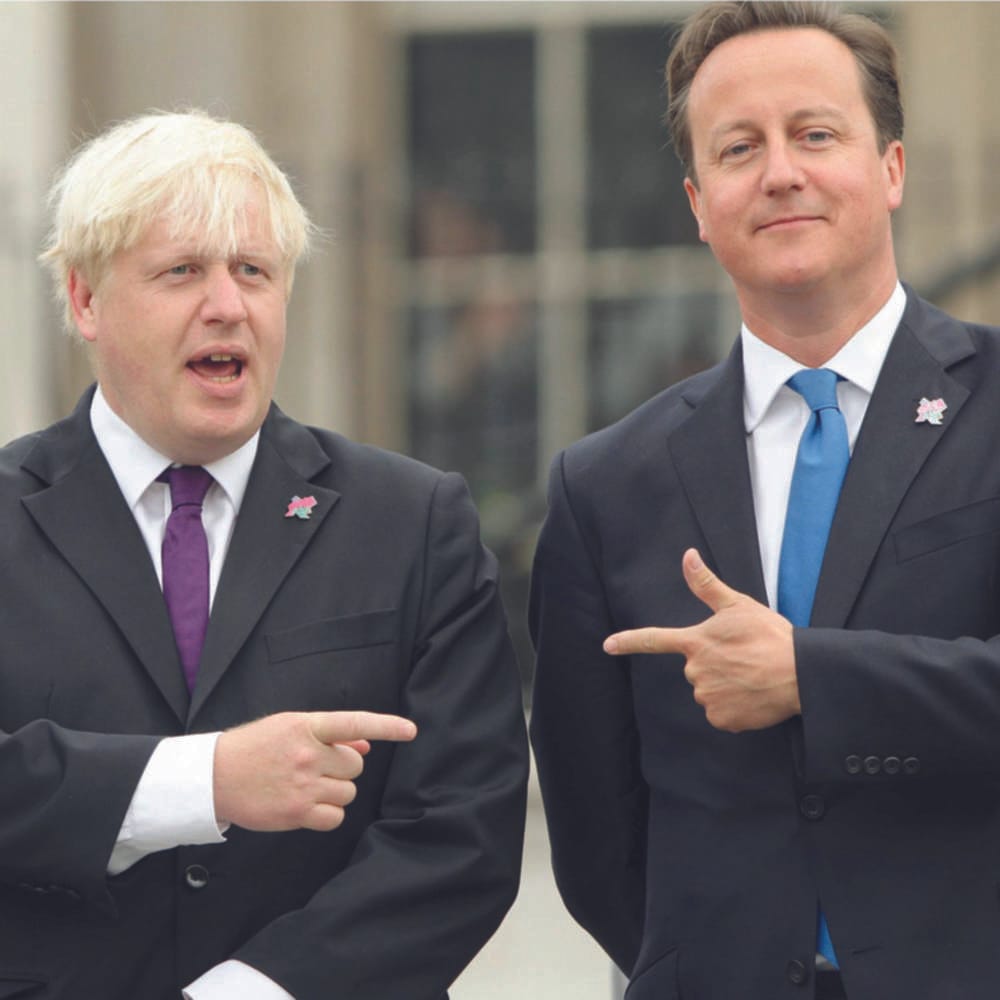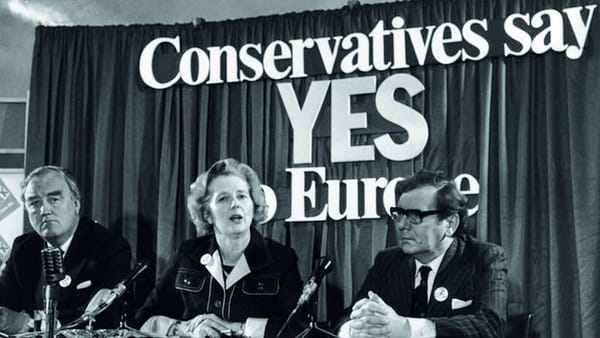The EU is not perfect, but is the better option
Leaving the EU will detriment the UK, Europe, and the world

I have written many times for FELIX with trollish tones and hyperbole, but this time, there is no exaggeration in what I say: I can think of no worse political catastrophe in our time than the UK leaving the European Union, perhaps only rivalled by a Trump presidency.
The upcoming referendum is of enormous importance, and many of you won’t be called to vote again on anything that approaches the same relevance. I hope that you make the right decision, which is to remain. Don’t think that it’s because I am a grubby foreigner; I believe in the European project, which an 'out' vote would end. I want to address some of the concerns about membership of the EU, and hopefully show you that, despite these, a reaction of isolation is not the correct answer.
First there is the issue of immigration, which appears to be the primary concern of Brexiteers. Essentially, an independent UK could stop unwanted refugees, jobseekers and other undesirables entering the country. I could conflate this to racism, but it’s a serious concern: is immigration harmful? Won’t immigrants make it harder for locals to find jobs?
Simply put, no. By and large, immigration is beneficial for the receiving country, mostly as a source of cheaper labour. Will there be cases of foreigners straight up taking a job that could have gone to a Briton? Yes, it will happen, but we should not formulate policies based on anecdotal evidence. These events, while relevant for the individual, do not represent what happens on a macroeconomic level. As immigrants arrive, the size of the economy increases and everyone benefits, even those initially short-changed. To take a familiar example, if an immigrant takes a PhD scholarship at the expense of an English researcher, it might be bad for the latter, but foreign talent and interest will create more positions down the line, benefiting future research. UK universities will also profit more in publications and contributions than if immigrants had worked elsewhere.
If we claim to be a meritocratic society, then we should evaluate people on their capabilities rather than their origin. A nationality is not a merit, nor a fault. To discriminate between workers based on this metric risks being short-sighted and self-limiting. Besides, most new immigrants don’t come from the EU, and Brexit wouldn’t impact the ability to regulate it. On the other hand, most companies and economic studies agree that an open immigration policy with regards to the EU is beneficial for all.
The other big issue is the bureaucracy of the EU, considered by many as poorly democratic and not transparent. But, for all its faults, the EU is the most successful supranational organisation of our age: it has ensured collaboration and peace between countries that less than a century ago were fighting each other. Some regulations will be more beneficial for certain members, and some will be confusing to the layman, but is that any different from any state? Some UK policies are better for England than Scotland; some benefit London over the rest. Governing is a complicated process which must balance millions of conflicting interests. If the UK were to leave to regulate itself better, why stop there? Why can’t every county, every town, every house become its own state to regulate itself better? A fractalisation of government would divide for the sake of ephemeral self-determination and would create complexity.
The EU has flaws, but in order to correct them we must remain inside. To leave at this point would mean to have no say in matters that end up affecting us all. No country is truly an island: now more than ever, global events have far-reaching consequences, and it is better to have coordinated responses and policies rather than many parties each trying to safeguard their own interests. The alternative is to return to 28 different countries, with 28 different standards, 28 different sets of laws, 28 currencies, 28 divided peoples.
This is what would occur if the UK left: it would end the European project. We would return to a fractured continent, weaker in international matters. The Brexiteer's dream is that an independent UK would prosper once freed from the shackles of immigration and bureaucracy, but that’s nothing short of utopic. The UK is small and unremarkable: it has thrived so far not despite, but due to being a part of Europe, taking advantage of shared bargaining and supranational regulations. The 19th century is gone, and the days of Empire are over. The world has much changed and, according to most professionals, an isolated UK would find it impossible to re-establish itself on its own today.
I won’t comment further on economic aspects, because every authority and expert says the UK will be better off staying in, nor will I dwell on the rhetoric of those who advocate 'out'. Misunderstanding immigration can lead to poor policies, and the EU, despite its bureaucracy, still represents the best way forward for the UK.
This has been an unusually restrained article for me. I set off to write something more sarcastic, but I don’t intend to insult anyone. If you’re doubtful, you’re right to be. It’s a complex issue whose outcome will affect us for generations. I hope that what I’ve said will answer your concerns and perhaps nudge you towards what, I feel, is the best answer.
For a better UK, a better Europe, a better world, the UK should stay.








